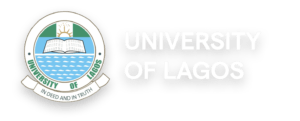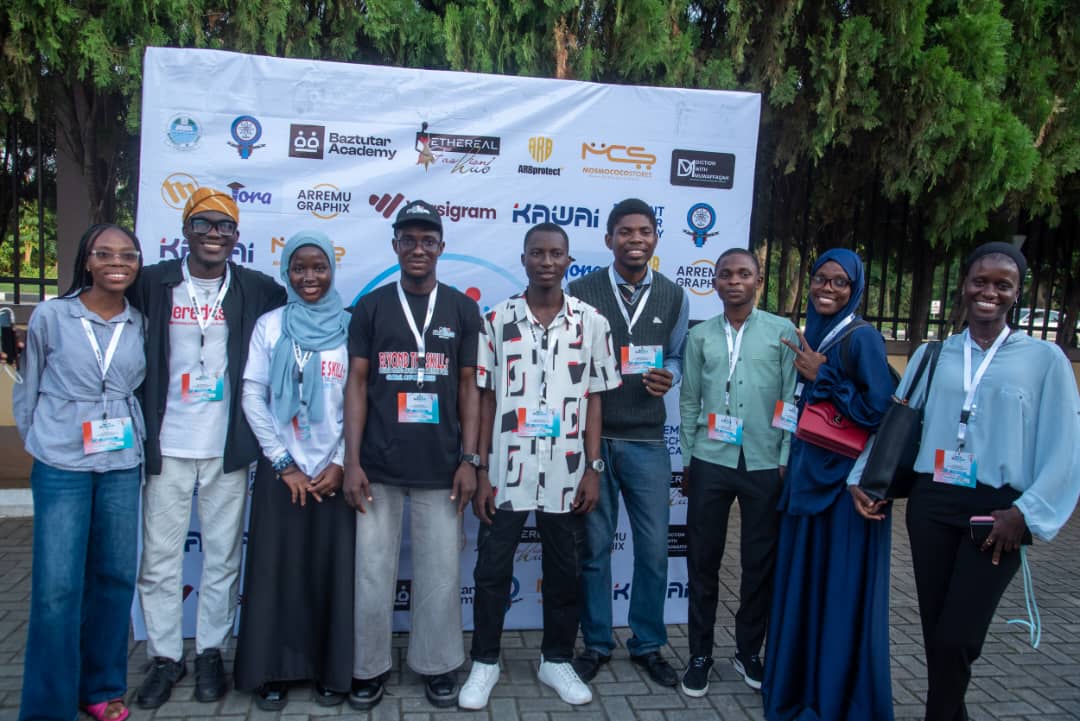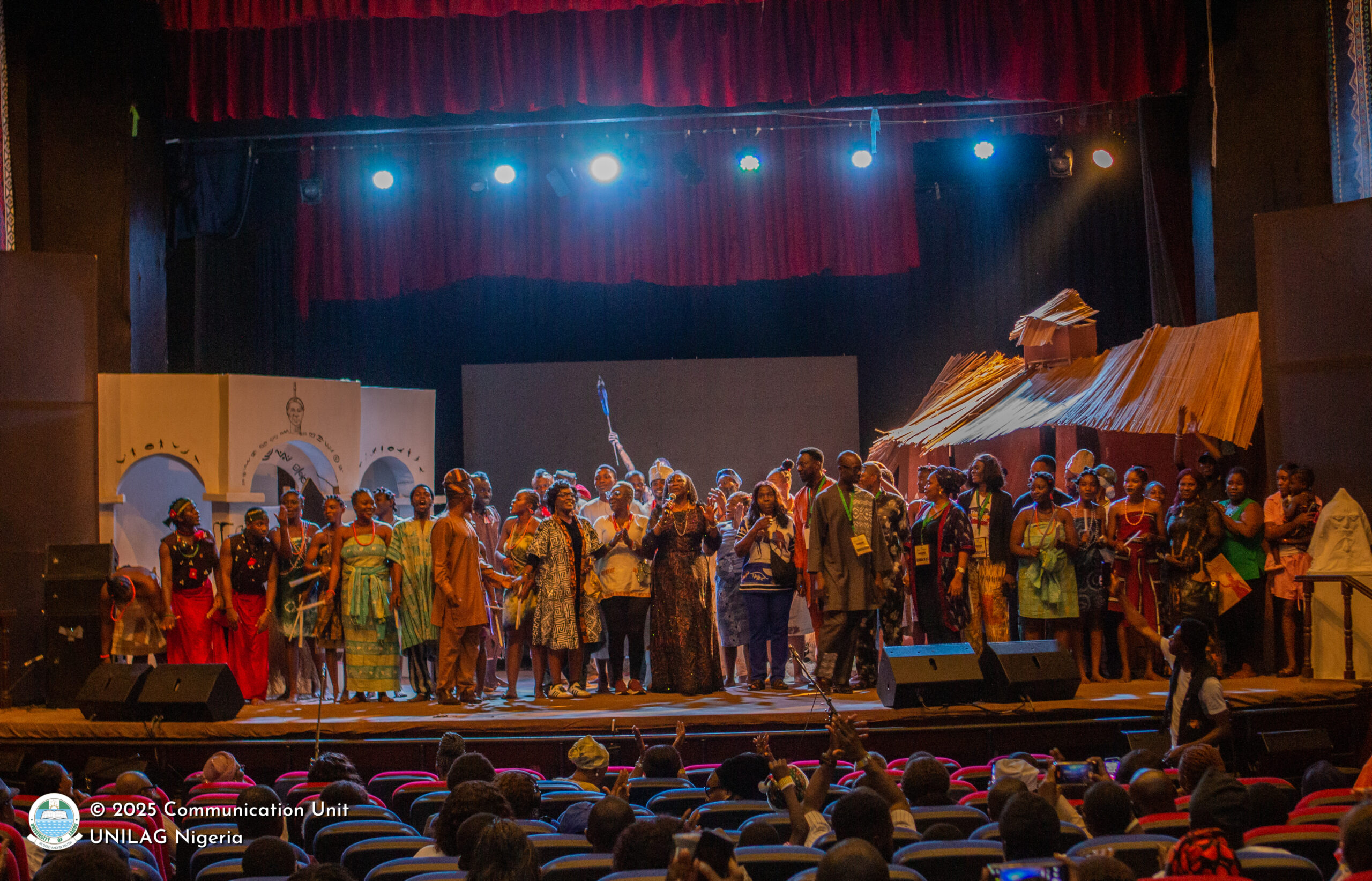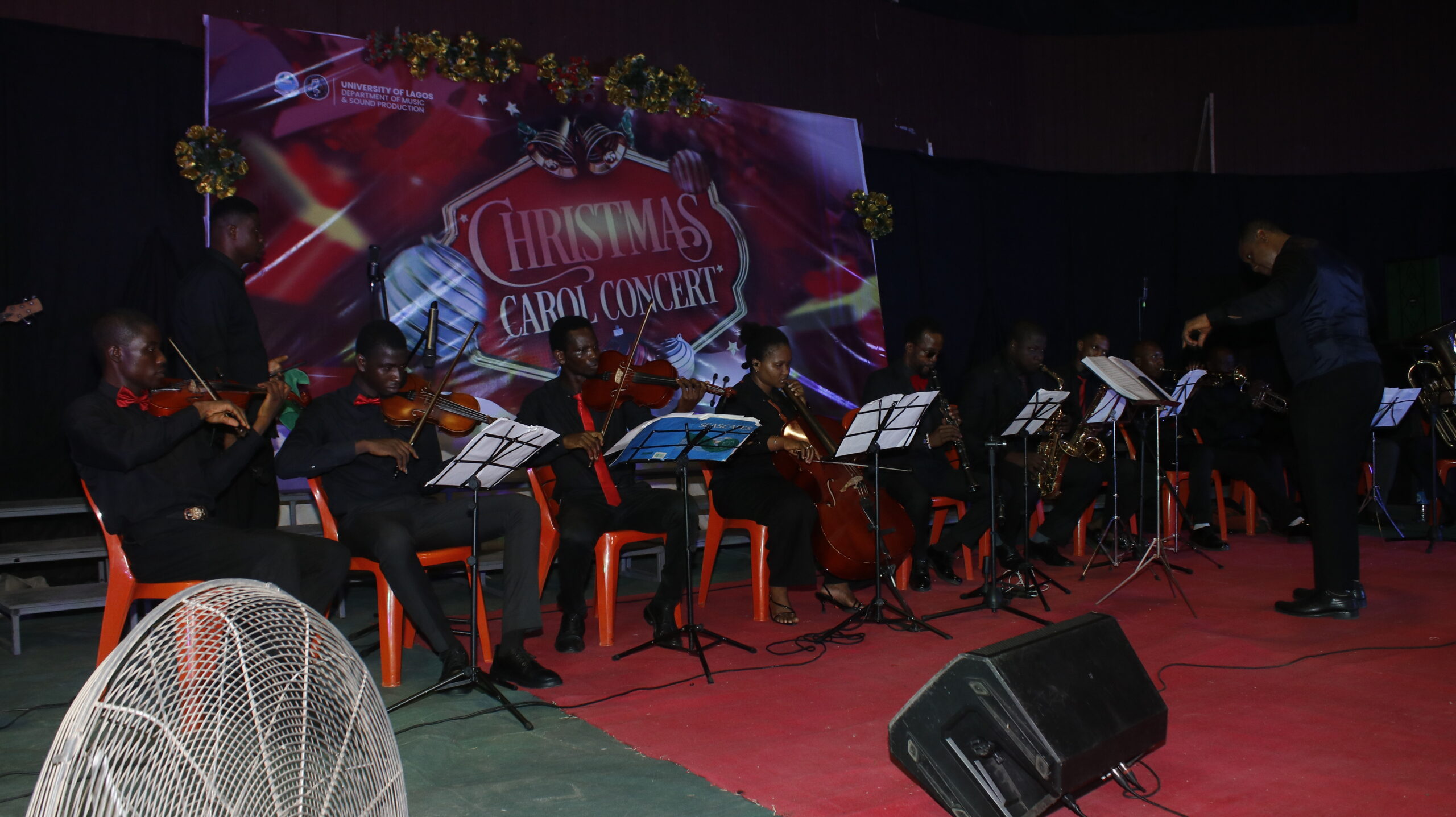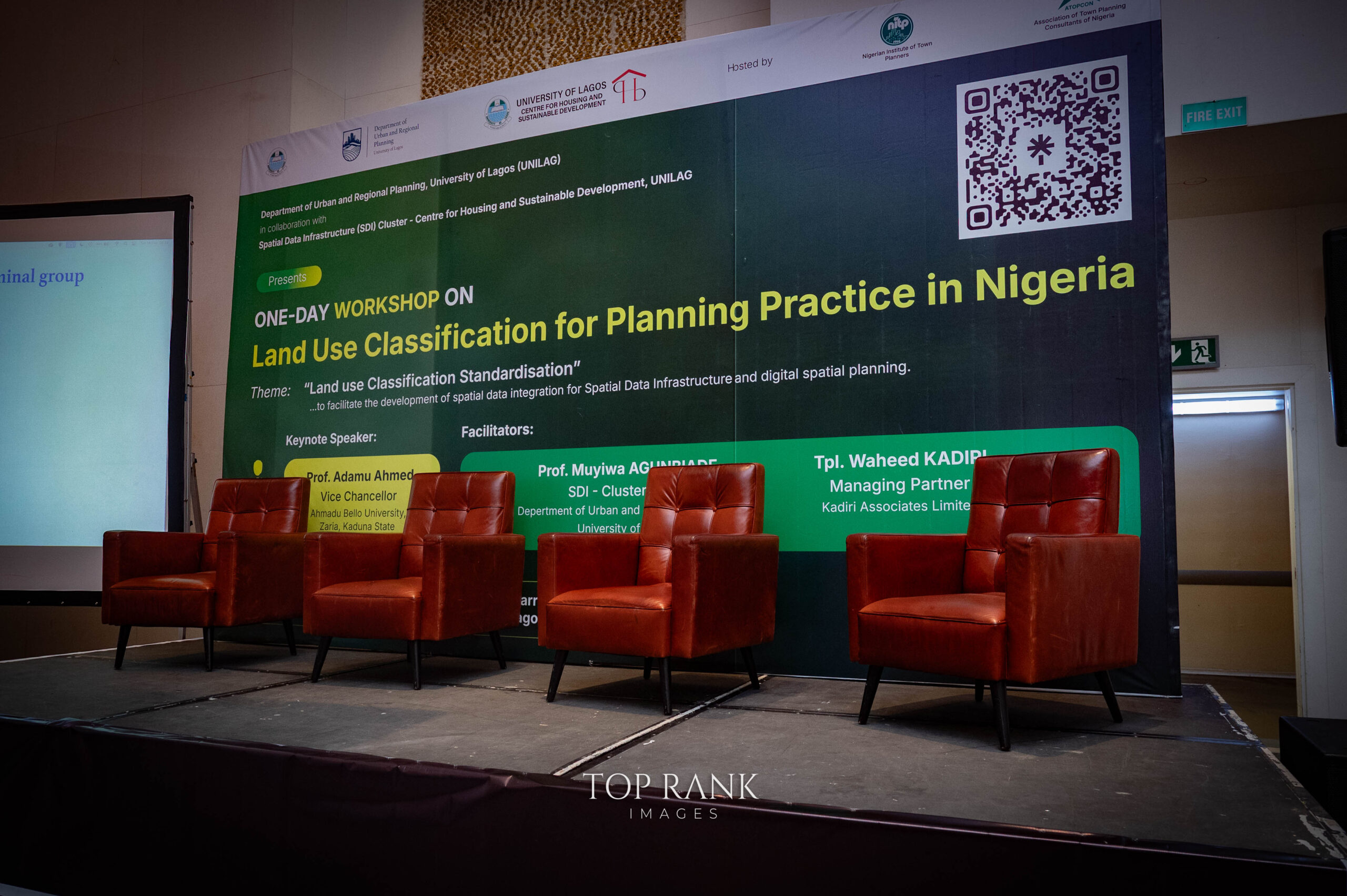Stakeholders in the academia, environmental, agricultural and maritime industries have come together to discuss sustainability challenges related to Illegal, Unreported and Unregulated (IUU) fishing and plastic pollution in Nigeria’s coastal and marine ecosystems.
This conversation took place during the Nigerian West Africa Case Study Stakeholders’ Participatory Workshop on Solving Sustainability Challenges at the Food-Climate-Biodiversity Nexus (Solving FCB) held at the Arthur Mbanefo Digital Research Centre (AMDRC) on Thursday, April 4, 2024.
To properly dissect the theme of the workshop, “Co-creating Sustainability Challenges at the IUU Fishing-Plastic Pollution Nexus in Nigeria’ Coastal and Marine Ecosystems”, participants were carefully selected from academic institutes, inter-governmental and non-governmental organizations, and government agencies such as Nigerian Maritime Administration and Safety Agency (NIMASA), National Institute for Oceanography & Marine Research, African Justice Movement, Nigerian Navy, Lagos State Agricultural Development Authority (LSADA), National Environmental Standards and Regulations Enforcement Agency (NESREA), Society of Environmental Toxicology and Chemistry (SETAC) to mention a few.


In two separate breakout sessions, participants thrashed the subject matter. In the first breakout session, participants in various groups discussed the challenges relating to IUU fishing in Nigeria’s coastal and marine ecosystems. They discussed the roles individuals and organizations play in IUU fishing monitoring in Nigerian coastal and marine ecosystems. They mentioned that individuals’ roles include IUU and environmental sensitization and education, setting up marine protected areas using remote sensing, among others.
Participants also brainstormed on the challenges of IUU fishing in Nigerian coastal waters. They identified the various fish species targeted by IUU fishing – sardinella, croaker fish etc.; perceived threats against these fishes (unregulated/illegal fishing activities, dwindling biodiversity resources, environmental degradation, destruction of fishing grounds, lack of political will, poor funding of regulatory agencies, greed of regulatory officials,, limited application of remote sensing, limited monitoring of fishing vessels, outdated fishing policies, sea robbery, etcetera) and their vulnerabilities which enhance the identified threats such as schooling behavior – fishes travelling en masse which can lead to their death en masse and anadromous nature of some fishes which causes them to move from the sea to rivers in order to spawn/breed.
The various groups of participants also identified training gaps and implementation challenges faced by individuals and organizations when dealing with IUU fishing monitoring, some of which include insufficient data from empirical studies, insufficient funding, poor legal framework and inconsistent policies.


In a similar manner, participants discussed the challenges relating to plastic pollution in Nigeria’s coastal and marine ecosystems in the second breakout session. They identified and discussed the roles individuals and organizations play in plastic pollution management in Nigerian coastal and marine ecosystems; the socio-cultural, economic, political, environmental, legal and technological challenges of plastic pollution in Nigerian coastal waters; training gaps &implementation challenges faced by individuals and organisations when dealing with plastic pollution management and the challenges to intersectoral/interministerial collaboration in plastic pollution management.



The workshop also featured brief remarks from the Deputy Vice-Chancellor (Academics & Research) and Director, TETFUND Centre of Excellence in Biodiversity Conservation and Ecosystem Management (TCEBCEM), UNILAG, Prof. Bola Oboh and Project Advisors – Prof. Matthew Ilori and Prof. Adebayo Otitoloju. Dr. Laura Pereira, an Associate Professor at University of the Witwatersrand made a presentation on “Introduction of the Nature Futures Framework (NFF) and Building Desirable Futures Scenarios”.






The Solving Sustainability Challenges at the Food-Climate-Biodiversity Nexus (Solving FCB) is a Social Sciences and Humanities Research Council (SSHRC)-funded six (6) year (2022-2028) Partnership across five (5) continents of the world co-led by Prof. William Cheung and Prof Rashid Sumaila at the Institute of the Oceans and Fisheries, University of British Columbia, Canada.
The Solving-FCB Partnership brings together world-leading scholars and practitioners from academic institutes, inter-governmental and non-governmental organizations, and government agencies to undertake transdisciplinary research that examines policies and human actions at the intersection of achieving food security, climate mitigation and biodiversity conservation goals.
The West Africa Case Study of the Solving FCB Partnership hypothesizes that resolving illegal, Unreported and Unregulated (IUU) fishing and plastic pollution in the Gulf of Guinea with a focus on Ghana and Nigeria will have ‘triple’ benefits for addressing the nexus of FCB challenges.
The West Africa Case Study Implementing Partners are: University of Lagos (Lead – Temitope Sogbanmu, PhD), Lagos State University (Lead – Prof Shehu Akintola), University of Cape Coast (Prof. Denis Aheto), University of Energy and Natural Resources (Prof. Berchie Asiedu) and Ghana Institute of Management and Public Administration (Lead – Prof. Wisdom Akpalu).

Reporter: Ndidi J. Odinikaeze
Photographer: Samuel Dosumu/Ndidi J. Odinikaeze
